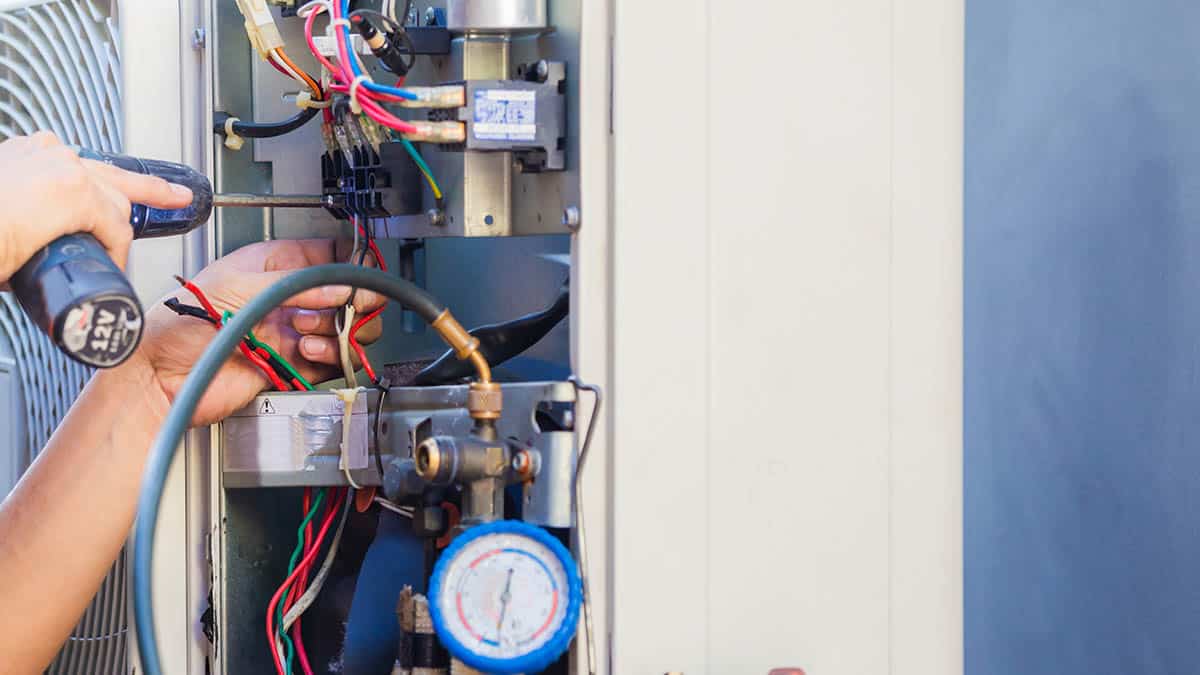
What’s the Difference between a Start and a Run Capacitor?
Capacitors in General
A capacitor is an energy storing device. It is a medium by which energy is stored to either be released suddenly or over a period of time. The energy or capacitance of an electric capacitor is measured in the form of micro-farads. Essentially, two plates are separated by a material known as a dielectric or insulator. These insulators can be mica, ceramic, porcelain, Mylar, Teflon, glass, or rubber. Capacitors will also limit the current. They can be used to store voltage or build it up until the call for it to be released is present.
Start Capacitors
A start capacitor is found in the circuit of start windings when the motor is starting. This capacitor contains a higher capacitance than a run capacitor. It varies, but a start capacitor will measure between 70 and 120 micro Farads. The start capacitor provides an immediate electrical push to get the motor rotation started. Without a start capacitor when the voltage is applied, the motor would just hum. The start capacitor creates a current to voltage lag in the separate start windings of the motor. The current builds up slowly, and the armature has an opportunity to begin rotating with the field of current.
Run Capacitors
A run capacitor uses the charge in the dielectric to boost the current which provides power to the motor. It is used to maintain a charge. In AC units, there are dual run capacitors. One capacitor provides power to the fan motor. The other sends power to the compressor. Run capacitors measure in at approximately 7-9 micro-Farads. The value or rating of the run capacitor must be accurate. If the value is too high, the phase shift will be less than perfect and the winding current will be too high. If the capacitor value/rating is too low, the phase shift will be higher and the winding current will be too low. If run capacitors are not ideal, then the motor could overheat and the true torque will not be enough to drive current.
We install many Capacitors every year and are a great source for all your air conditioning needs in Birmingham, Alabama. If you would like a DIY solution, get the rating numbers off your capacitor and check out Amazon units that are made in America.
You may need a temporary solution to the extreme temperatures in your home, Click here for window AC units for a worst-case scenario


